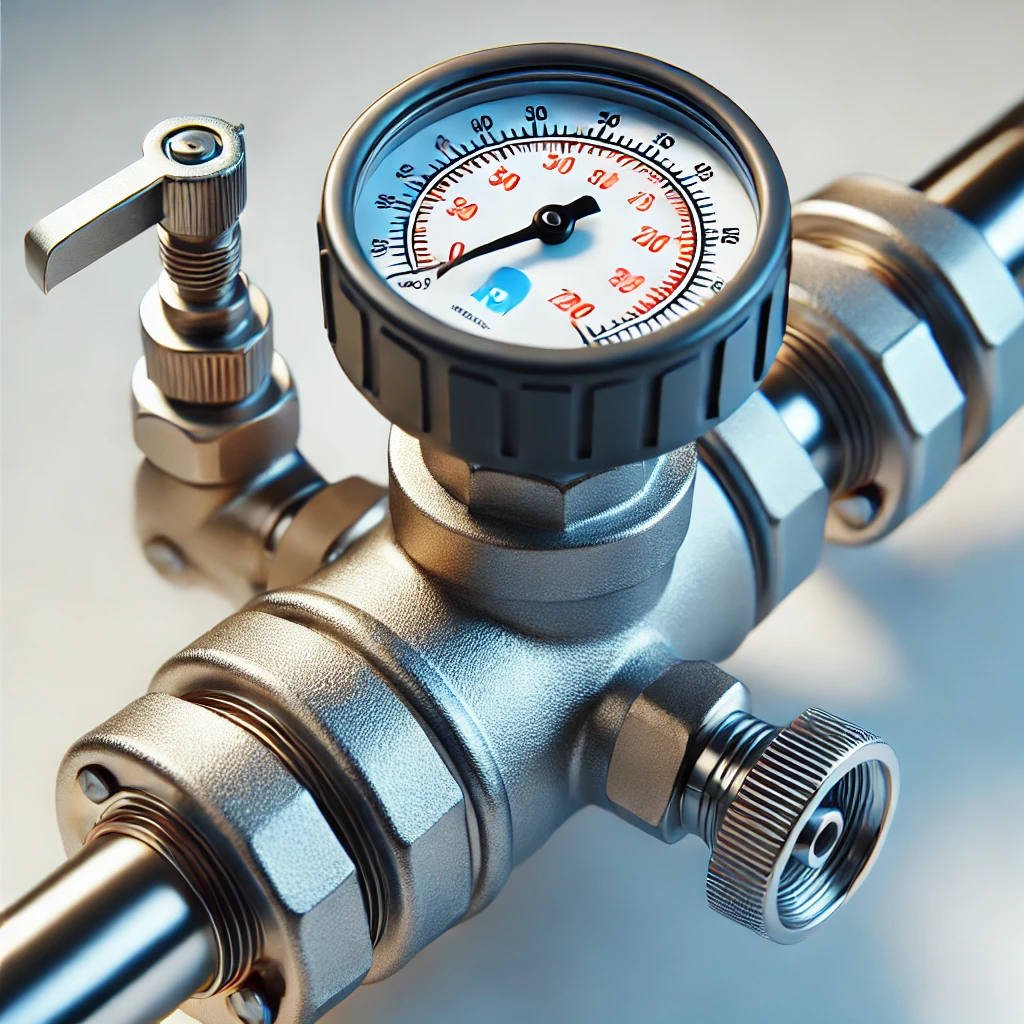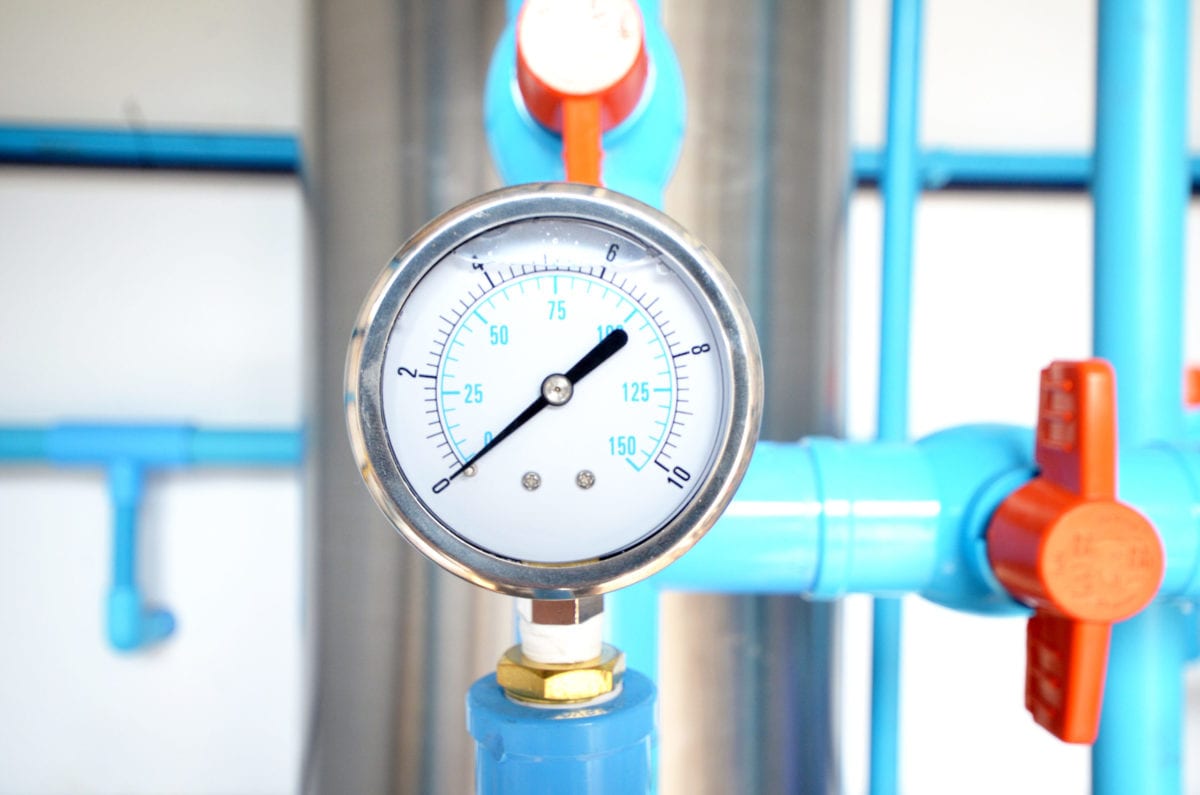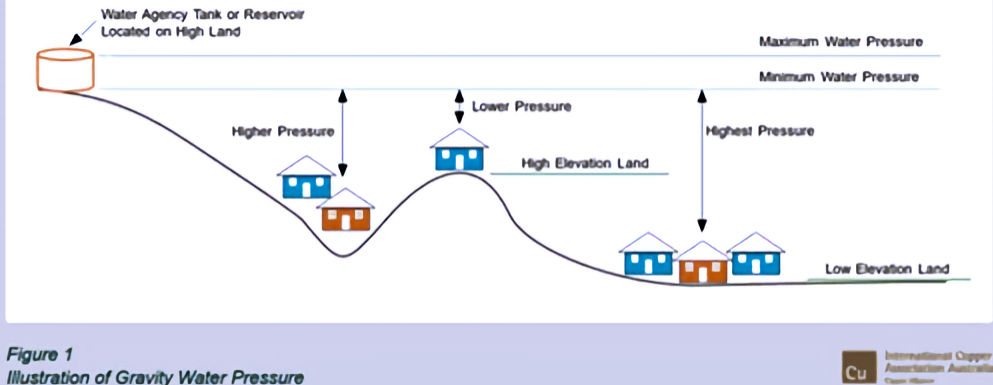How Water Pressure Affects Your Plumbing

Understanding how water pressure influences your plumbing system is crucial for maintaining a safe and efficient home water supply. This article explores the effects of water pressure on plumbing, common issues caused by improper pressure, and tips for managing it effectively.
What is Water Pressure?

Water pressure is the force exerted by water as it moves through pipes. It is typically measured in pounds per square inch (PSI). Normal residential water pressure ranges between 40 and 80 PSI.
Why Water Pressure Matters
Proper water pressure ensures that water flows smoothly through your plumbing fixtures, providing adequate supply for showers, faucets, and appliances. Both low and high water pressure can cause problems:
| Pressure Level | Effects on Plumbing |
|---|---|
| Low Pressure | Weak water flow, poor appliance performance, potential for contamination due to backflow |
| High Pressure | Pipe damage, leaks, burst pipes, increased wear on fixtures and appliances |
Common Plumbing Issues Caused by Water Pressure
- Low Water Pressure: Can result from clogged pipes, leaks, or issues with the municipal supply. It leads to unsatisfactory water flow and can affect daily activities.
- High Water Pressure: Often caused by pressure regulators malfunctioning or municipal supply issues. It stresses pipes and fixtures, leading to premature failure.
How to Measure Water Pressure
You can measure water pressure using a pressure gauge attached to an outdoor faucet or washing machine valve. Regular monitoring helps detect problems early.
Tips to Manage Water Pressure
- Install a pressure regulator to maintain safe pressure levels.
- Fix leaks promptly to prevent pressure drops.
- Consult a plumber if you notice sudden changes in water pressure.
Frequently Asked Questions (FAQ)
Q1: What is the ideal water pressure for a home?
A: Typically, 40-60 PSI is ideal for most residential plumbing systems.
Q2: Can high water pressure damage my appliances?
A: Yes, it can cause leaks and reduce the lifespan of appliances like water heaters and washing machines.
Q3: How often should I check my water pressure?
A: It’s good practice to check it at least once a year or if you notice any changes in water flow.
Conclusion
Maintaining proper water pressure is essential for the longevity and efficiency of your plumbing system. Regular checks and timely interventions can save you from costly repairs and ensure a steady water supply.
By understanding and managing water pressure, you can protect your home’s plumbing and enjoy consistent water flow every day.
